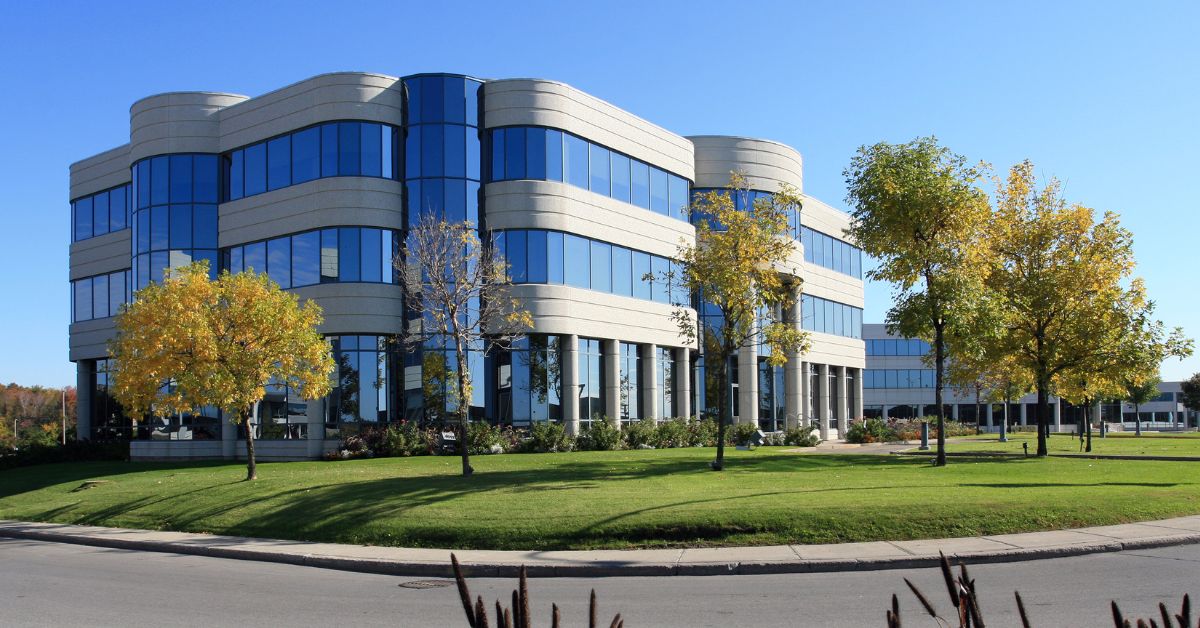Who is responsible for commercial building insurance: the landlord or tenant? In most circumstances, the liability for commercial building insurance falls to both parties. Each party needs its own insurance policy for full protection.
Whether you are a small business leasing commercial space or a landlord who owns the building, you need the right kind of insurance to protect yourself. It’s important to have a legal understanding of the circumstances you may face if you need to make commercial property damage insurance claims in Texas.
Commercial Building Insurance for Landlords
The landlord’s responsibility for commercial building insurance involves renting the physical building. Should the building suffer damage from fire, storms, theft, or other circumstances, the landlord’s commercial insurance should cover repairs to the structure or any part thereof.
The insurance should have a liability segment that protects the landlord in case of a lawsuit brought against it as the property owner. Some commercial building policies may even include reimbursements to the property owner for a loss of rental income because of damage to the building.
Understand that just because the responsibility for the building’s insurance falls to the landlord, the tenant still may end up paying for it. The landlord can just pass on the cost of the insurance for the building as part of the cost of rent.
Commercial Building Insurance for Tenants’ Property
Who is responsible for commercial building insurance when considering the equipment the small business owns? The landlord’s commercial building insurance protects the overall building but does not protect any equipment the small business owns. This could include items like:
- Computing and networking hardware
- Furniture
- Retail products
- Tools
- Store fixtures
In simplest terms, if it’s a permanent part of the building, the landlord’s policy should cover it. If it’s something that you as the tenant own and bring into the space you are leasing — and would take with you when you move out — you need your own commercial insurance to cover it.
It’s important that you are carrying the right type of business insurance for this purpose, or you may face a denial of your claim.
Other Commercial Insurance Considerations for Tenants
When considering ownership of commercial building insurance, your tenant commercial insurance should also cover other things like:
- Damage that you cause to the building while you are renting it
- Storm or theft damage that occurs to your property stored in the building
- Liability coverage for any lawsuits that involve your business specifically
Some landlords will require that their tenants have proof of these types of commercial insurance policies before they will allow them to rent the space. Landlords also may require the tenant to include the landlord as an additional insured party on the tenant’s policy to reduce the landlord’s potential for liability.
Let McLaurin Law, PLLC, Help You With Cases Involving Landlord or Tenant Disputes
After damage occurs at a commercial building under lease, figuring out who is responsible for commercial building insurance — the landlord or tenant — can be challenging. You should anticipate this circumstance before a loss occurs, regardless of which side you are on. Our legal team can help you understand the insurance obligations of commercial leases before making a claim, ensuring you have the proper protection.
We can also help if you end up in a dispute related to determining insurance responsibilities in commercial buildings after damage occurs. Reach out to McLaurin Law, PLLC, today at (713) 231-5903 or contact us online to learn more about insurance obligations in commercial leases and your recourse for legal intervention should a conflict arise.



